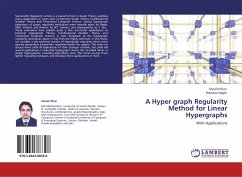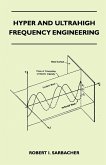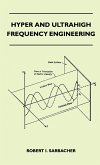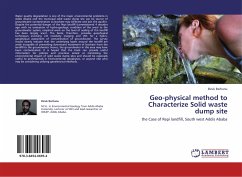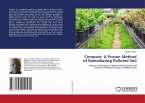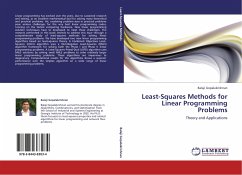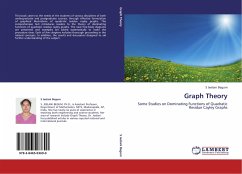Szemerédi's Regularity Lemma is a powerful tool in Graph Theory, yielding many applications in areas such as Extremal Graph Theory, Combinatorial Number Theory and Theoretical Computer Science. Strong hypergraph extensions of graph regularity techniques were recently given by Nagle, R dl, Schacht and Skokan, by W.T. Gowers, and subsequently, by T. Tao. These extensions have yielded quite a few non-trivial applications to Extremal Hypergraph Theory, Combinatorial Number Theory and Theoretical Computer Science. A main drawback to the hypergraph regularity techniques above is that they are highly technical. In this thesis, we consider a less technical version of hypergraph regularity which more directly generalizes Szemerédi's regularity lemma for graphs. The tools we discuss won't yield all applications of their stronger relatives, but yield still several applications in extremal hypergraph theory (for so-called linear or simple hypergraphs), including algorithmic ones. This thesissurveys these lighter regularity techiques, and develops three applications of them.
Bitte wählen Sie Ihr Anliegen aus.
Rechnungen
Retourenschein anfordern
Bestellstatus
Storno

